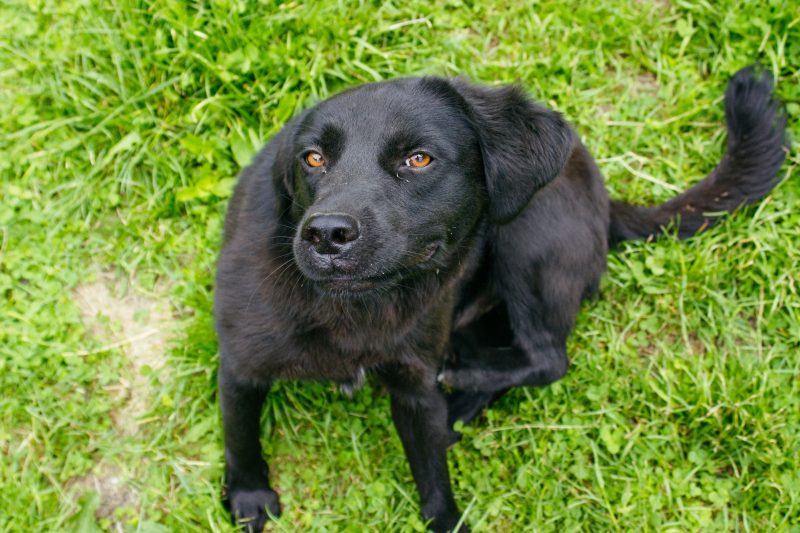
If your pet’s days are punctuated by bouts of sneezing or scratching, he might be suffering from allergies. At Brownswitch Pet Hospital, we take allergies and dermatology seriously, and we will do all we can to pinpoint the culprit that’s pestering your pet and alleviate that nasty itch!
Allergy Symptoms in Pets
Allergens affect our pets in different ways, and your pet’s symptoms will vary depending on the cause of his allergy.
Watch for these commons signs of allergies in dogs and cats:
- Itchy, enflamed, or irritated skin
- Excessive biting, licking, or scratching at his skin
- Sneezing, wheezing, or snoring
- Swelling around the mouth, ears, or eyelids
- Diarrhea or vomiting
- Chronic ear infections
- Runny nose or watery eyes
- Swollen paws
Common Allergens Dogs/Common Allergens Cats
There are three main types of allergies that can affect dogs and cats: environmental, food, and fleas—all of which can lead to an itchy skin condition called allergic dermatitis. And when your pet incessantly scratches that itch, a secondary infection can result, making an accurate diagnosis of your pet’s allergy and prompt treatment very important.
Environmental Allergens
Pets can have environmental allergies to substances they’re exposed to every day in their surroundings, whether it’s in the home or the backyard.
Common environmental allergens include:
- Pollen
- Mold
- Grass and trees
- Dust mites
- Other animal dander or feathers
- Chemicals like perfumes, air fresheners, or cleaning agents
Food Allergens
While nearly any food or ingredient can cause an allergic reaction in a pet that is sensitive, the following are the top food allergens:
- Milk
- Meat, including beef, fish, or chicken
- Eggs
- Soy
- Corn
- Wheat
Flea Allergies
Some pets have allergic reactions to flea bites, resulting in flea allergy dermatitis, an extremely itchy condition.
How to Treat Pet Allergies
For pets diagnosed with allergies, avoidance is key. Sometimes the administration of allergy treatments is necessary when avoiding an allergen isn’t feasible.
Here are helpful hints for mitigating your pet’s allergies:
- Keep your pet up-to-date with preventive care and flea control.
- Feed your pet an allergy-friendly, veterinarian-approved diet.
- If your pet has a grass allergy, wash his paws when he comes back inside.
- To avoid mold and mildew, keep your pet indoors (except for potty breaks!) on rainy or humid days.
- Use other treatments as recommended by your veterinarian, such as medicated shampoos, skin creams, omega 3-6-9 supplements, and allergy serums.
If you think your cat or dog is exhibiting allergy symptoms, please contact us at (985) 646-2025. The team at Brownswitch Pet Hospital is here to help you keep your pet healthy and allergy-free!
